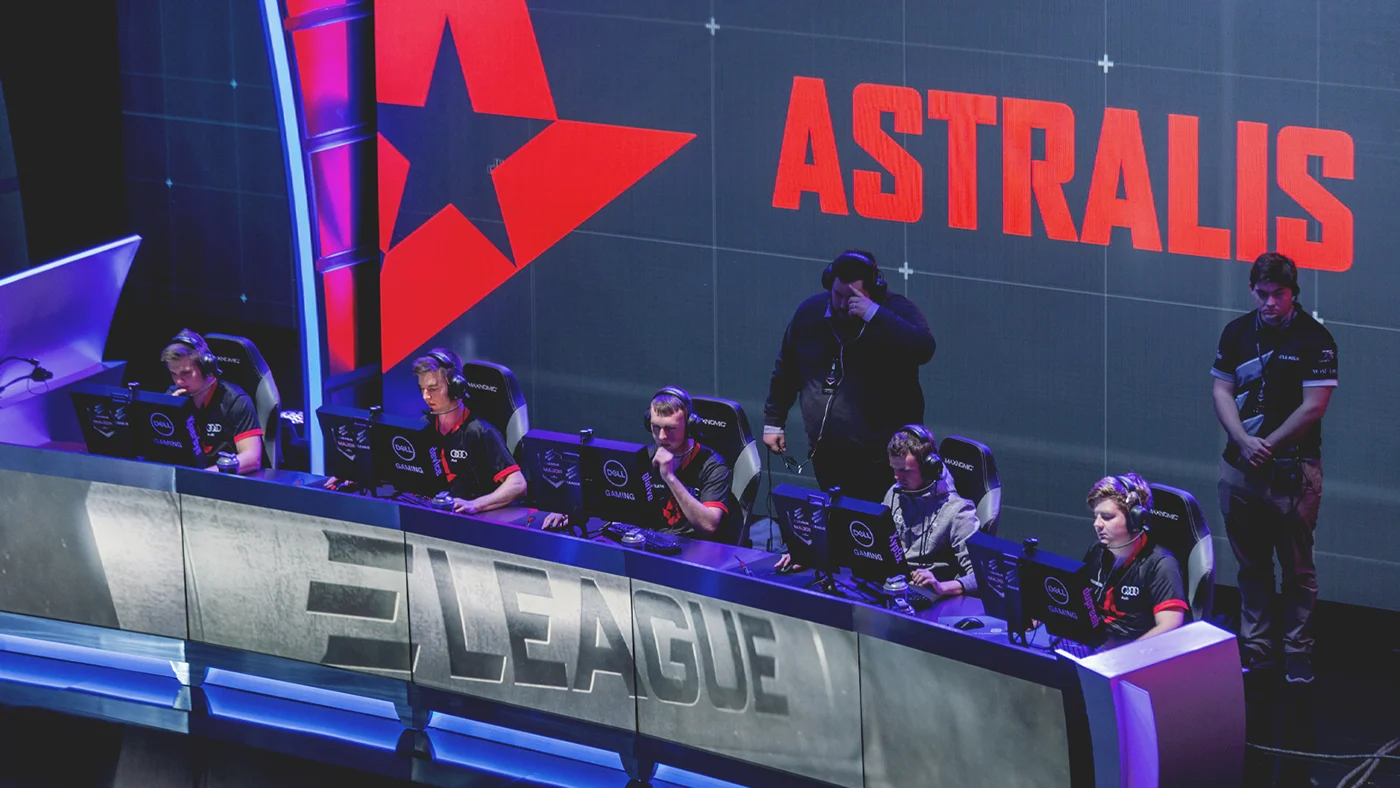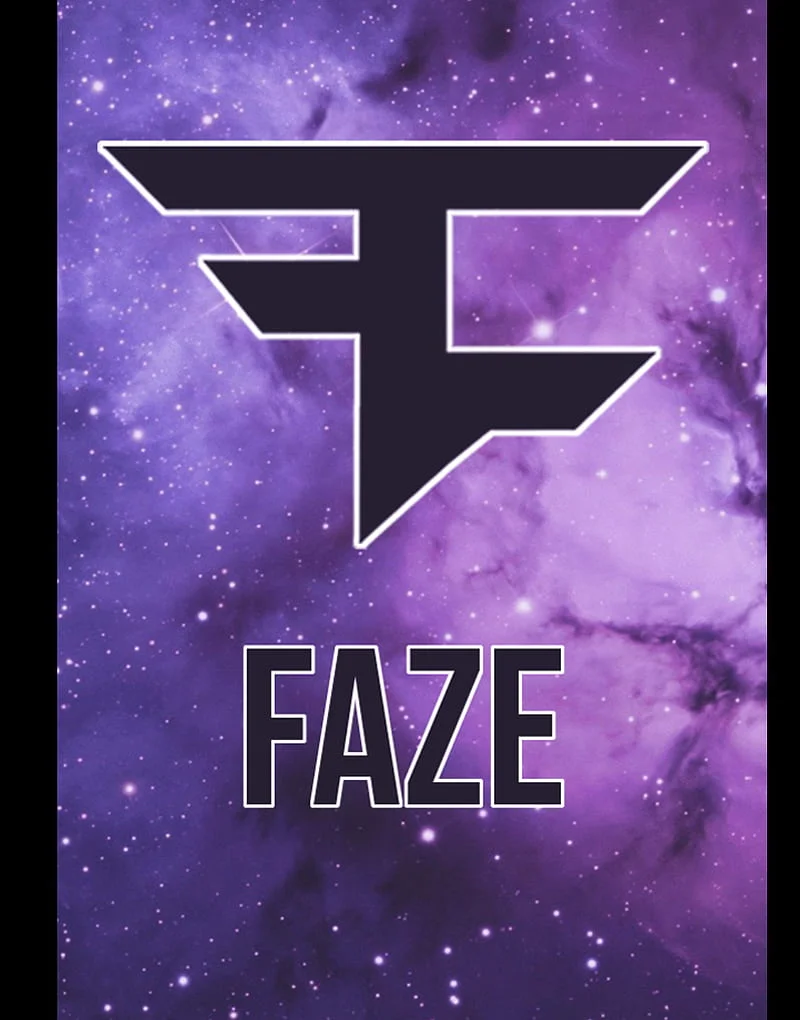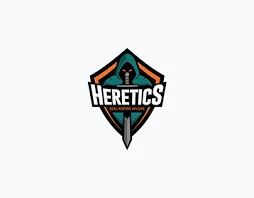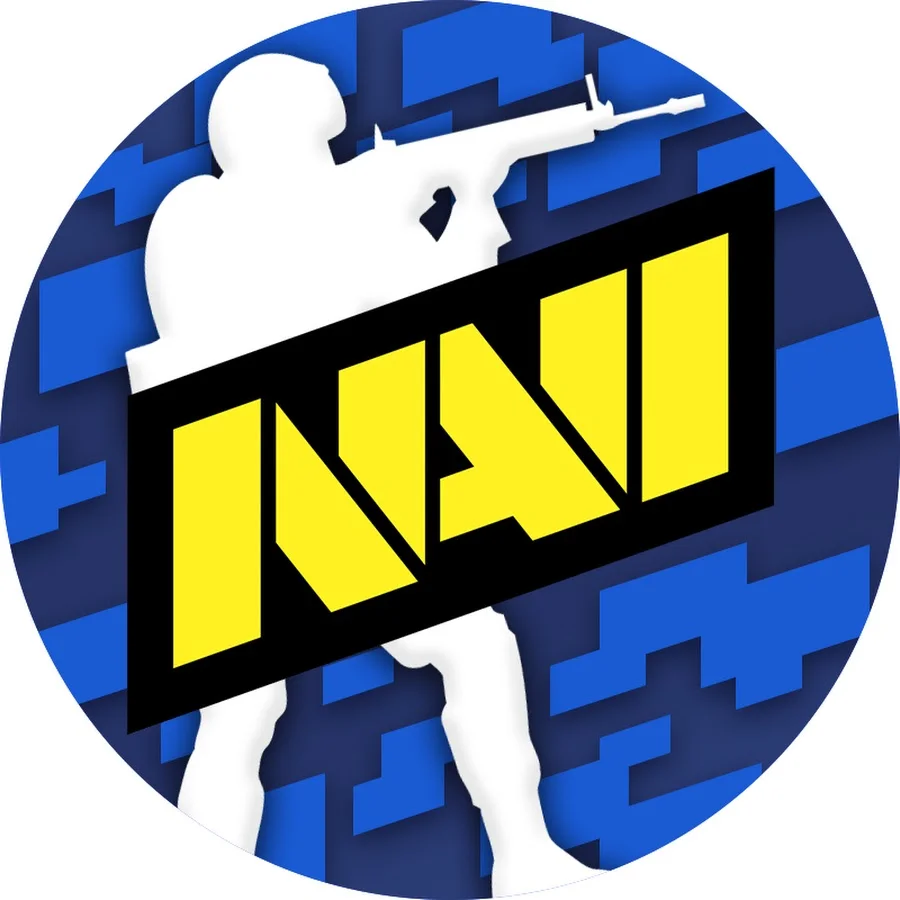This article examines the top 10 cryptocurrency esports teams you should follow on social media platforms.

Esports has become one of the most prominent and fastest-growing industries within the gaming industry over the past few years. Esports have successfully attracted a global audience and become a viable career option.
In addition, a new segment of esports teams has emerged, incorporating digital currencies due to the rising popularity of cryptocurrencies.
What are Cryptocurrencies
Cryptocurrencies are digital or virtual currency forms that use encryption techniques to verify the transmission of funds and govern the issuance of new currency units. These currencies operate without a central bank and are governed solely by their users.
That indicates that cryptocurrencies are an alternative to traditional cash, and their adoption by a diverse range of merchants, particularly on the Internet, has increased over the years.
What are Esports?
Esports, also known as electronic sports, are a type of sporting competition involving video games. It is a competitive video game that can be played online or with other people in the exact location. Most games performed in esports competitions are multiplayer affairs, which require a high level of skill and strategic thinking.
These are the top 10 Crypto Esports Teams you should follow on social media.
- Enjin
- Golem Gear
- DMarket
- Astralis
- FaZe Clan
- TSM
- Heretics
- Team OG
- Navi
- Fnatic
1. Enjin
Team Enjin is a pioneer in the realm of crypto competitions, having been founded in 2009. As the developers of Enjin Coin (ENJ), they have integrated blockchain technology into their team’s ecosystem. This integration enables team fans to purchase and trade rare digital items using ENJ tokens, creating a one-of-a-kind and immersive fan experience.
Team Enjin competes in prominent esports titles, such as Counter-Strike: Global Offensive (CS: GO) and League of Legends (LoL).

2. Golem Gear
Golem Gear is a crypto esports team that seeks to revolutionize the esports industry by allowing players and spectators to earn cryptocurrency rewards. By utilizing Golem Tokens (GTM), the team incentivizes its community to engage in diverse activities, such as viewing streams and tournaments.
Golem Gear competes in games such as Dota 2 and Valorant, enthralling audiences with their skill and novel approach to fan engagement.

3. DMarket
DMarket is a pioneer in the integration of blockchain technology and esport. DMarket is a decentralized marketplace for trading in-game items, and its team competes actively in Games such as CS: GO and Dota 2. The integration of DMarket Tokens (DMT) enables users to trade their items directly and securely with other community members.
Team DMarket’s success, both in-game and on the blockchain, has garnered a substantial following and positioned them as a leading crypto esports team.

4. Astralis
Astralis, one of history’s most successful CS: GO teams, made headlines in 2020 after partnering with the blockchain platform Refereum. This partnership enables fans to earn Refereum Tokens (RFR) by watching and interacting with Astralis’ streams and content.
The team’s adoption of blockchain technology has increased supporter engagement and positioned them as a leader at the intersection of crypto and esports.

5. FaZe Clan
FaZe Clan, a well-established esports organization that competes in various games, such as Call of Duty and Fortnite, has also entered the cryptocurrency market. FaZe Clan enables its fans to acquire and barter limited-edition digital assets using cryptocurrency through a partnership with the crypto gaming platform World of Ether.
This inventive strategy has bolstered their fan base and solidified their status as a leading crypto esports team.

6. TSM
Team SoloMid (TSM) is a prestigious esports organization that has adopted cryptocurrency through a partnership with FTX, a prominent cryptocurrency exchange. As part of this partnership, TSM players wear jerseys with the FTX logo, and both organizations indulge in active cross-promotion.
Moreover, TSM has demonstrated its dedication to educating its followers about cryptocurrencies by hosting AMA (Ask Me Anything) sessions with FTX representatives. TSM reflects the potential for crypto and esports entities to collaborate through these initiatives.

7. Heretics
Heretics is a Spanish esports organization that has benefited from blockchain technology. Through its partnership with the blockchain-based esports platform Nine Chronicles, Heretics seeks to offer its community exclusive gaming experiences.
With a concentration on FIFA and League of Legends, Heretics has utilized Blockchain technology to increase fan engagement and establish itself as a leader in the Spanish esports scene.

8. Team OG
Team OG, a prominent Dota 2 team with a history of outstanding tournament victories, has also entered the crypto esports scene. Team OG has launched its fan token through a partnership with the blockchain-based platform Socios.com, allowing followers to have a say in team-related decisions.
Fans with OG Fan Tokens access exclusive rewards and team-related content. The incorporation of cryptocurrencies by Team OG has elevated their popularity within the esports community.

9. NAVI
Natus Vincere, also called NAVI, is a Ukrainian esports organization that competes in multiple titles, such as CS: GO and Dota 2. NAVI recently collaborated with blockchain platform EON to introduce their fan token, enabling fans to participate in various team-related activities, including voting, exclusive content access, and merchandise purchases.
This integration has strengthened NAVI’s relationship with its supporter base and allowed it to maintain its status as the premier crypto esports team.

10. Fnatic
Fnatic, a renowned esports organization competing in games like CS: GO and League of Legends, has recently entered the crypto esports arena via a partnership with Cryptobase.
Through this partnership, Fnatic offers its supporters a trading platform for limited-edition digital assets using cryptocurrency. Fnatic’s foray into crypto exemplifies its commitment to innovation and exploring new methods to engage its fans.

Conclusion
The convergence of cryptocurrencies and esports has resulted in exciting new options for spectators and industry participants. As discussed in the article, the leading cryptocurrency esports teams have embraced this convergence by employing blockchain technology and cryptocurrencies.
As a result, they’ve been able to change how supporters interact with their teams, create more immersive experiences, and establish themselves as industry leaders. These teams serve as a model for others, highlighting the potential for more incredible innovation and development at the intersection of these rapidly evolving industries. As the crypto and esports industries continue to develop, they have become a source of motivation.
